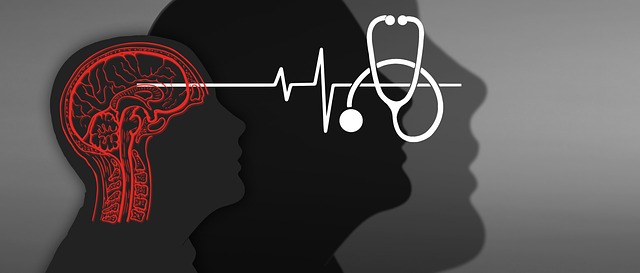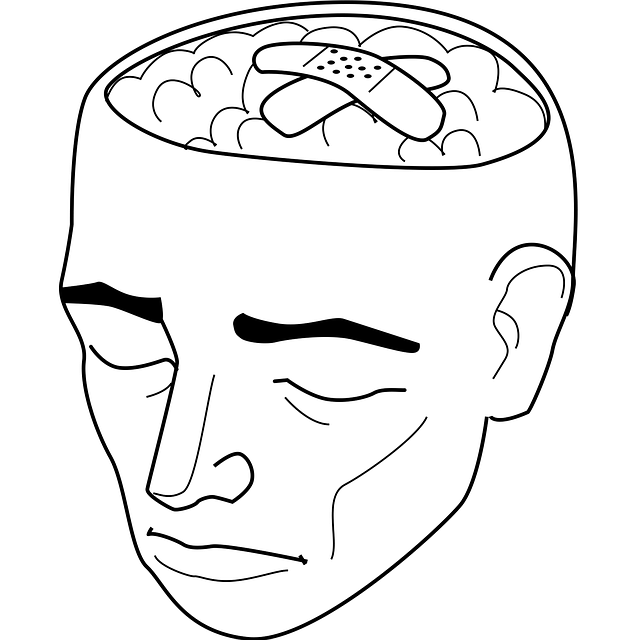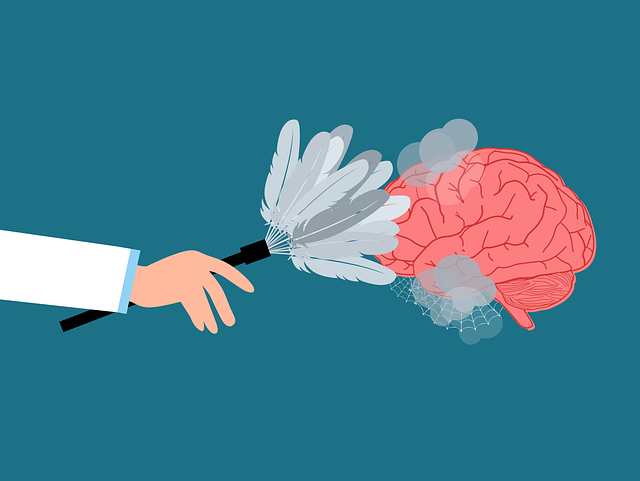Multnomah County's civil commitment processes prioritize mental health support and public safety through collaboration among legal professionals, healthcare providers, and the court system. Legal Aid Services act as a lifeline, offering specialized free or low-cost legal assistance to individuals facing civil commitment issues. These organizations guide clients through court procedures, advocate for their rights, and ensure access to appropriate care, facilitating a fair and just system with Multnomah County legal aid as a key component.
In Multnomah County, understanding civil commitment processes is crucial for ensuring fair access to mental health support. This comprehensive guide delves into the intricate web of legal procedures, offering a step-by-step navigation system. From recognizing the signs of distress to accessing specialized Multnomah County legal aid services and managing court commitments, this article equips readers with vital information. Whether voluntary or involuntary, exploring available resources and advocacy ensures informed decisions during challenging times.
- Understanding Civil Commitment Processes in Multnomah County
- Accessing Legal Aid Services for Mental Health Support
- Navigating Court Procedures: A Step-by-Step Guide
- Resources and Advocacy for Voluntary and Involuntary Commitments
Understanding Civil Commitment Processes in Multnomah County

In Multnomah County, civil commitment processes are a crucial aspect of the local justice system, offering support for individuals facing mental health challenges. These processes ensure that those with severe psychiatric disorders receive appropriate treatment and care while protecting public safety. Understanding the legal framework is essential, especially for those seeking Multnomah County legal aid. The county’s approach involves a collaborative effort between legal professionals, healthcare providers, and the court system to facilitate involuntary commitment, often initiated by concerned family members or healthcare staff.
The process begins with an assessment, where a qualified professional determines if an individual meets the criteria for civil commitment. If warranted, a petition is filed in court, triggering a series of hearings to ensure due process rights are respected. This journey can be complex, and local legal aid organizations play a vital role in guiding individuals through these legal proceedings, ensuring their rights are protected while they access much-needed treatment.
Accessing Legal Aid Services for Mental Health Support

In many regions, including Multnomah County, individuals facing civil commitment or mental health-related legal issues may find solace in Legal Aid Services. These non-profit organizations offer invaluable assistance to those who cannot afford legal representation, ensuring they have access to justice. For those navigating complex legal processes, Legal Aid provides a dedicated team of attorneys specializing in mental health law, offering free or low-cost services tailored to individual needs.
The Multnomah County legal aid society, for instance, plays a crucial role in supporting individuals with severe mental illnesses by providing advocacy and representation during civil commitment proceedings. Their expertise helps protect the rights of clients while ensuring they receive appropriate care and treatment. This support is essential in a process that can be overwhelming, offering a helping hand to those who may otherwise struggle alone.
Navigating Court Procedures: A Step-by-Step Guide

Navigating civil commitment legal processes can be a daunting task, especially for those unfamiliar with court procedures. In Multnomah County, legal aid organisations offer crucial support to help individuals understand and navigate these complex systems. The first step is to familiarise yourself with the general court process. This involves understanding the different types of hearings, from initial intake to preliminary hearings and trials. Each stage has specific requirements and deadlines, which legal aid professionals can guide you through.
A step-by-step approach begins with gathering all necessary documents and evidence. Legal aid attorneys can assist in preparing these materials, ensuring they are accurately presented. During court appearances, they’ll explain the rules of procedure, help you communicate effectively with the judge, and advocate for your rights. They’ll also advise on potential outcomes and next steps, fostering an informed decision-making process.
Resources and Advocacy for Voluntary and Involuntary Commitments

In Multnomah County, individuals facing civil commitment—whether voluntarily or involuntarily—have access to a range of resources and advocacy services. Organizations like Multnomah County Legal Aid play a crucial role in providing legal assistance to those who may not otherwise have it. They offer guidance on navigating complex procedures, ensuring that rights are protected throughout the process.
These services extend to both voluntary commitments, where individuals seek help proactively, and involuntary commitments, which occur when there’s concern for someone’s safety or well-being. Legal aid organizations provide education, representation, and support at every stage, from initial assessments to court appearances, helping to foster a fair and just system for all involved.






